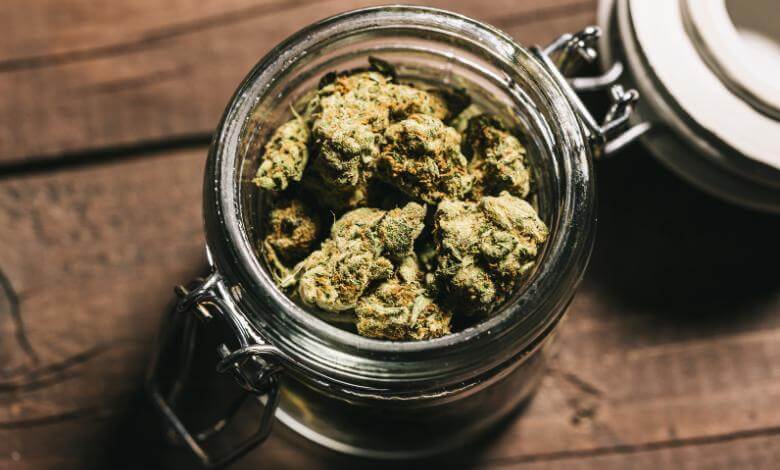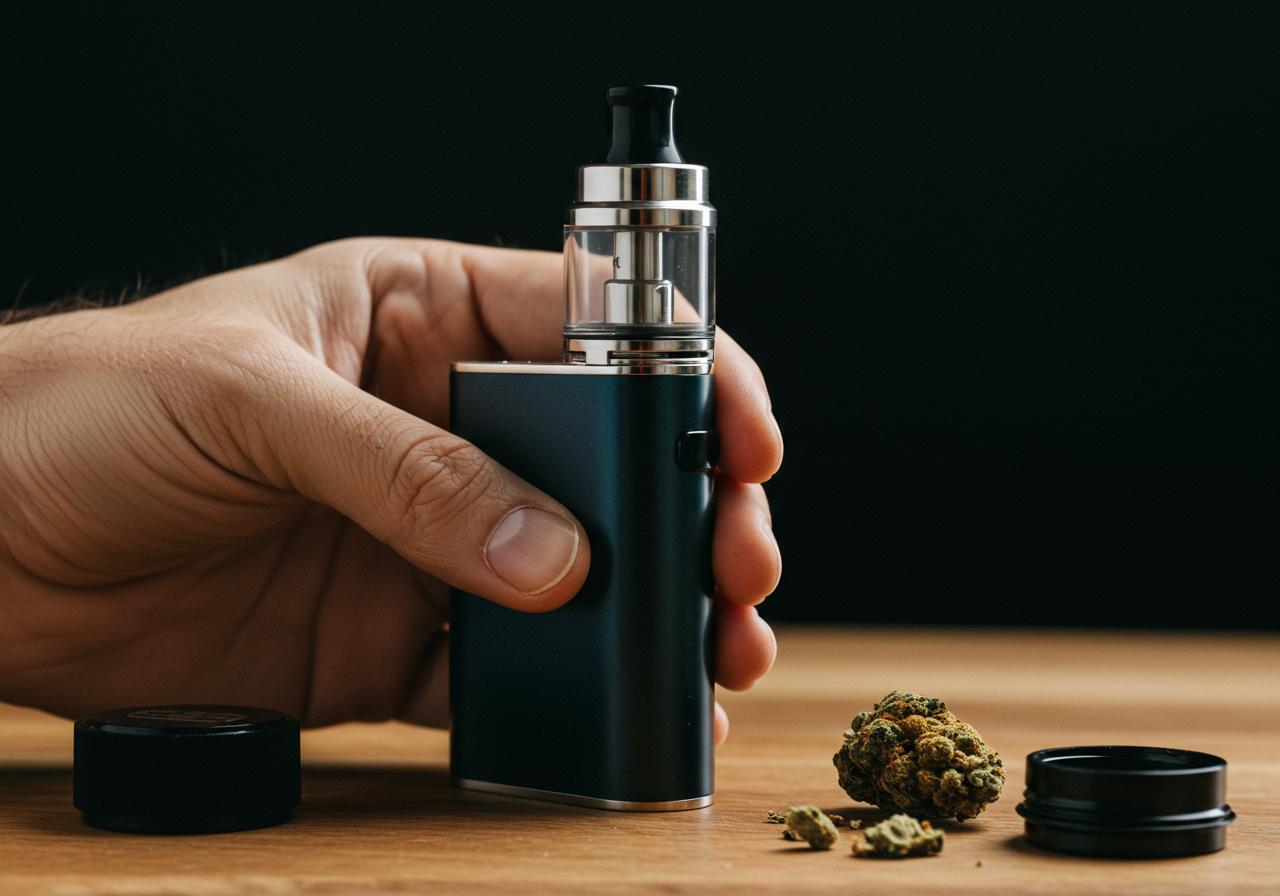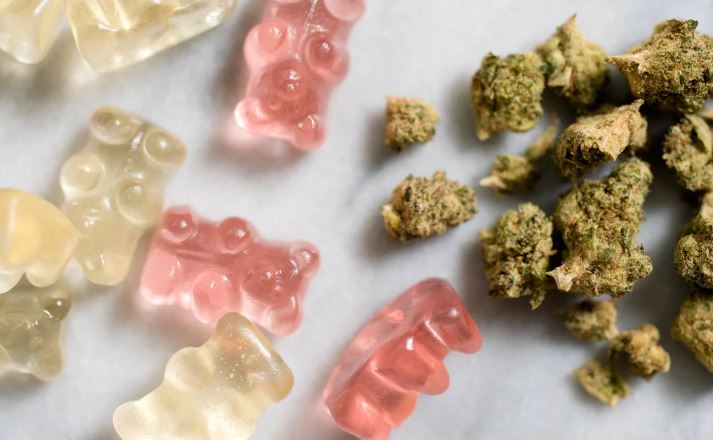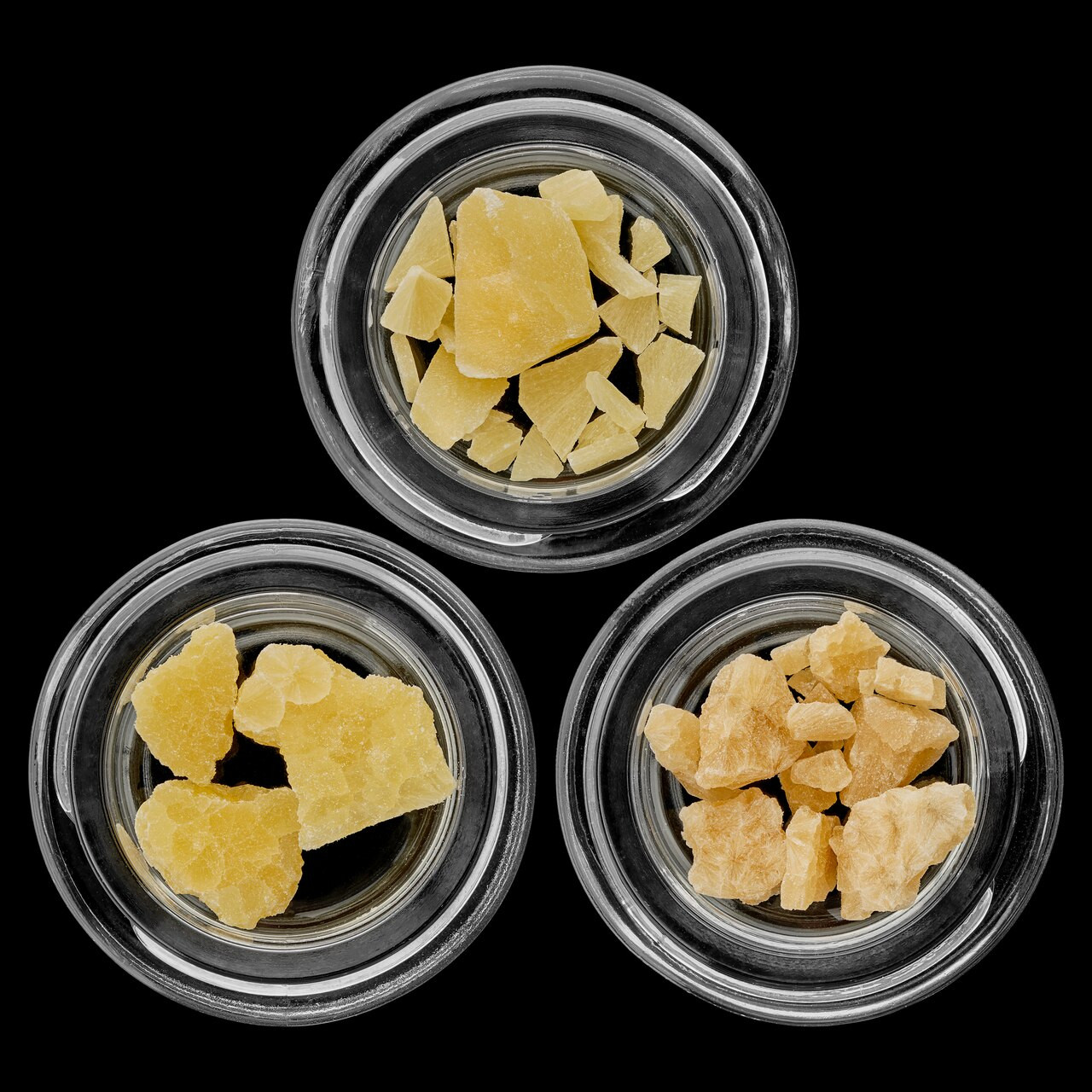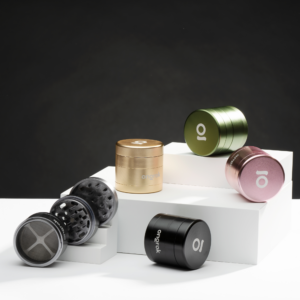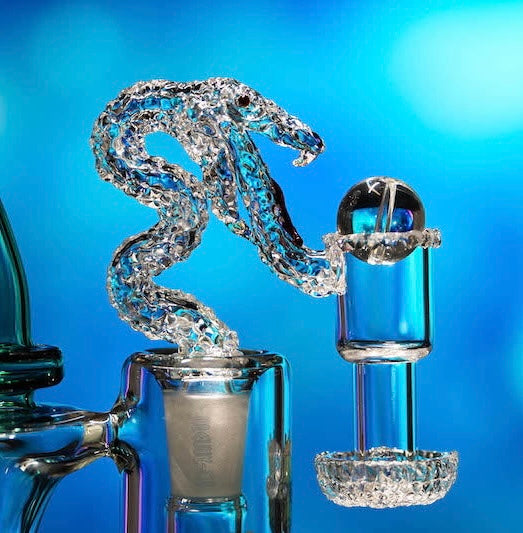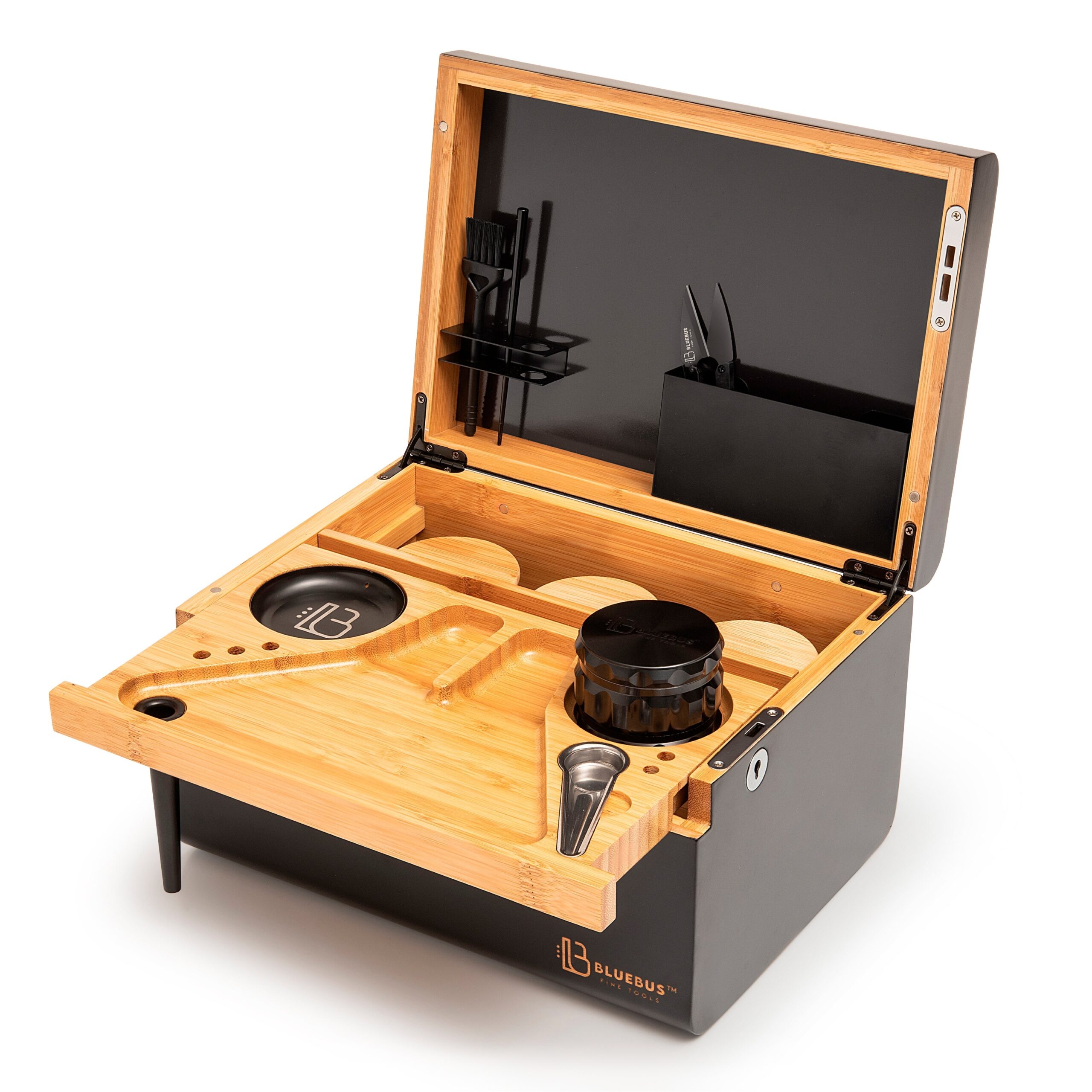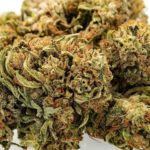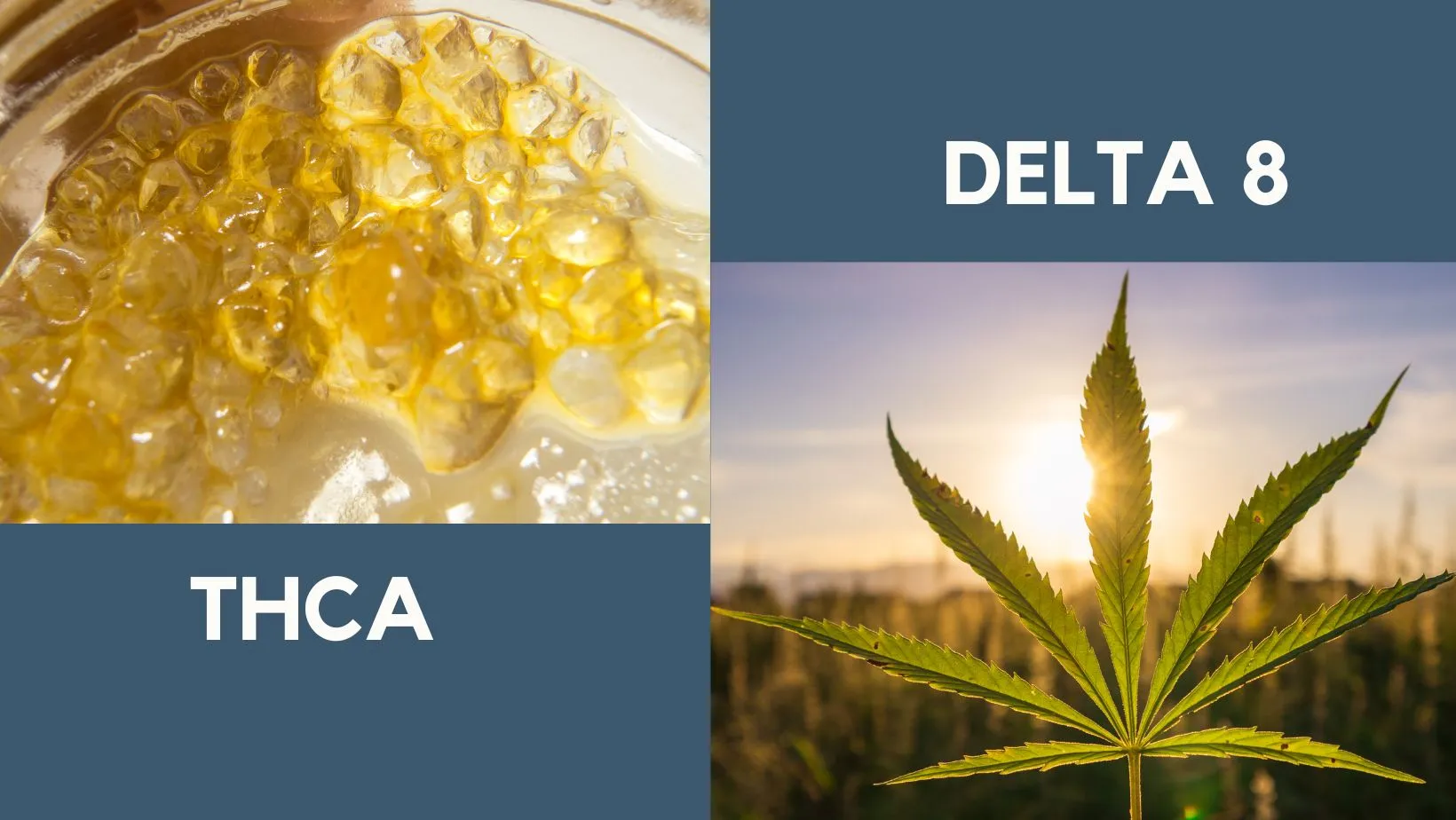
THCA, huh? Sounds a bit like something you’d find in one of those science fiction movies. But no, it’s as real as your morning cup of coffee. Stands for tetrahydrocannabinolic acid, THCA does. A little-known gem in the raw cannabis plants realm. It’s non-psychoactive, meaning no high from THCA alone. Now, swinging over to Delta-8 THC, that’s where the magic carpet starts its ride. Quite the chill compared to its more famous cousin, Delta-9 THC. Still, it offers that soothing buzz. Now, in this hazy world of cannabinoids, knowing your compounds ain’t just nice to have, it’s a must-have. Needs doing before you play.
Introduction to THCA and Delta-8 THC
Cannabis compounds, they’re like a big happy family, right? Not just one-size-fits-all. THCA, for instance, sits pretty as a non-psychoactive compound. It’s the stuff you find in raw cannabis before anything gets heated or cured. Let’s talk Delta-8 THC, gets folks curious. It’s this milder psychoactive version of THC, less intense but still giving a lil’ something. Why get all nerdy over these compounds? Well, knowing them helps in making better choices, whether for therapeutic or recreational purposes. No surprises, just informed decisions on what you’ll be indulging in.
Chemical Composition and Structure
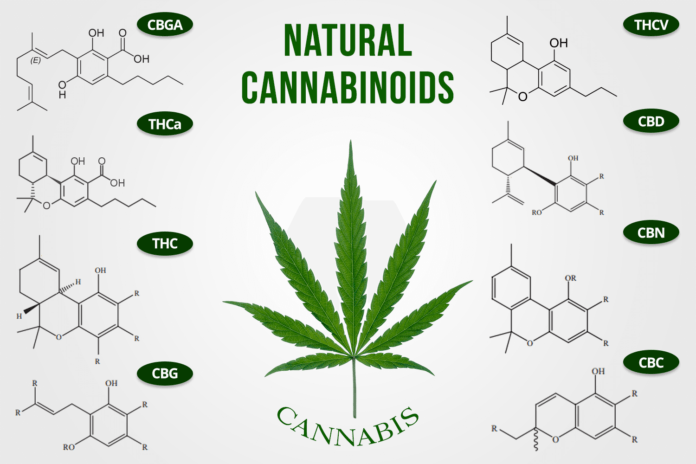
Let’s dive into the nuts and bolts. THCA and Delta-8 THC, different players in the cannabis game. Not just the chemical mumbo jumbo though it’s quite enlightening. When decarboxylation happens, that’s when raw THCA transforms into the traditional THC. Hear that buzzing sound? It’s chemistry at its best. Meanwhile, Delta-8 THC, a bit more chill, won’t break your brain with complexities. Stays stable, unlike its wild sibling, Delta-9 THC. Interesting, huh? This slight twist makes Delta-8 gentle with its psychoactive touch. Impact? Well, let’s say, your mellow vibe on a Sunday afternoon, that’s your Delta-8 effect.
Effects and Benefits
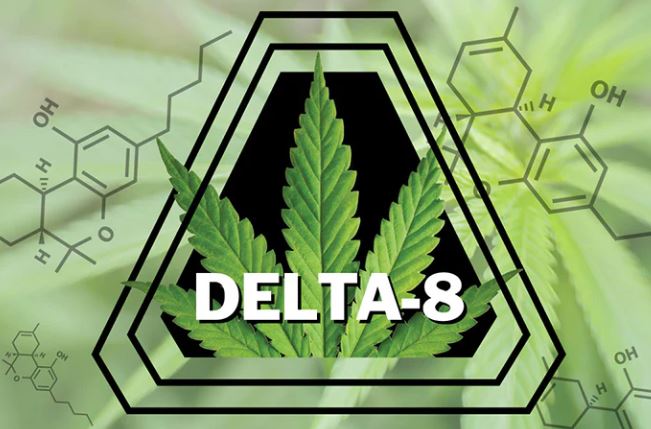
So, what happens after a puff or a swallow? Delta-8 THC gives a psychoactive effect but not too over-the-top. THCA, that one’s just chill, mellow as a summer breeze. Don’t expect a high, but do think about the potential benefits. Anti-inflammatory is on the menu with THCA, nice for those aching joints. On the flip side, Delta-8 THC is the lifting spirit, brushes off the blues, so they say. Interaction with those CB1 and CB2 receptors isn’t trivial. They play the music to which your body dances. Different compounds, different grooves; you catch the drift, right?
THCA vs. Delta-8 THC: Legal Status
Alright, let’s cut to the chase. The legal status of cannabis compounds, a bit of a wobbly turf depending on where you plant your feet. THCA, there’s a little leniency in some corners, just a harmless non-psychoactive player. For Delta-8 THC, it’s like playing hide and seek with the rules. Some places give a nod, others, a solid no. Legal frameworks do shape access, coloring the whole consumer experience. Whether you’re looking for THCA products or Delta-8 products, play it safe, and do a bit of local legal homework. Walk the law-abiding line.
Consumption Methods and Products
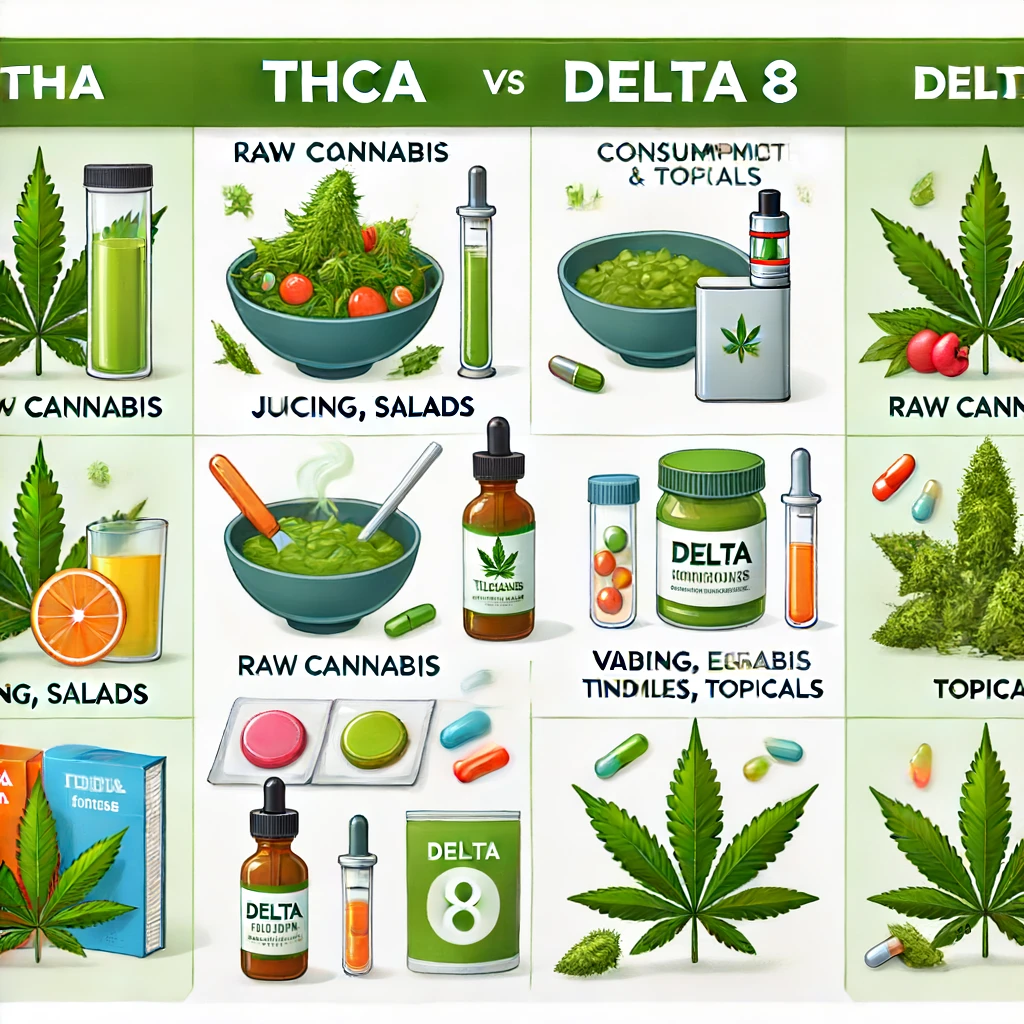
Getting to the heart of the matter here. THCA, think raw cannabis and pre-rolls, a natural offering. Delta-8 THC products are a bit more the party-goer, with variety like gummies and vape pens. Ever tried those Delta-8 THC gummies? Sweet way to elevate your day. Prefer the classics? There’s Delta-8 flower for the purist at heart. Now, choosing the right product, it ain’t just eeny, meeny, miny, moe. Consider your needs, your preferences, maybe even your mood. That’s the secret to a truly satisfying cannabis experience.
Market Trends and Consumer Insights
Now, the cannabis market, it’s bustling, ain’t it? Rising demand for THCA and Delta-8 products isn’t a flash in the pan. Consumers are catching onto this versatile plant. Delta-8 THC products, like those handy vape cartridges, have developed quite the following. Premium brands, like Finest Labs, are consistently cranking out Delta-8 innovations. Keep an eye on those shelves, folks. It’s a world where demand shapes availability. THCA products are sneaking up too with growers paying attention to these intriguing compounds. Bottom line? Market’s dynamic, ready to feed curious minds and adventurous souls alike.
Safety and Precautions
Alright, slow your roll, ‘cause safety first, right? THCA, overall, pretty safe if you’re sticking to non-heated forms. Delta-8 THC though, tread carefully. Effects ain’t as potent, but still, a responsible approach is smart. Potential side effects, like getting flagged on a drug test, not about to make heads roll but worth noting. Know your source: lab reports are the litmus test for quality assurance. Nobody’s out here looking for surprises, yeah? Take dosage seriously, friends, and keep your consumption a respectable affair. Know thy limits, simple wisdom that never grows old.
Final Thoughts
Alright, all said and done, what’s the takeaway? THCA and Delta-8 THC, it’s like comparing jazz to rock. Both have flair but cater to different ears. Understanding what plays best with your individual needs, that’s gold. Stay updated, stay informed. The cannabis science world is spinning and you don’t want to be left in the dust. Keep exploring, keep learning. The journey? It’s every bit as exciting as the destination.
